Susi’s story
Susi took part in all three of our flagship programmes through our WEAVE initiative. With our support, she turned her passion for Japanese food and culture into a thriving enterprise.

Given the opportunity, women can not only support their children, but their entire family – especially if we have skills in business. That’s why it’s so important to support women entrepreneurs.
Susi Lawati is an entrepreneur based in West Java, Indonesia. She is the founder of Japanese restaurant Dapur Sakura and is on a mission to introduce authentic Japanese food to Indonesia. In 2020, as she set her business up, she became one of 12,000 women entrepreneurs in Vietnam and Indonesia trained through our WEAVE project with USAID and Qualcomm® Wireless Reach™. Our programmes supported her to successfully start and build her business – in the midst of a pandemic.
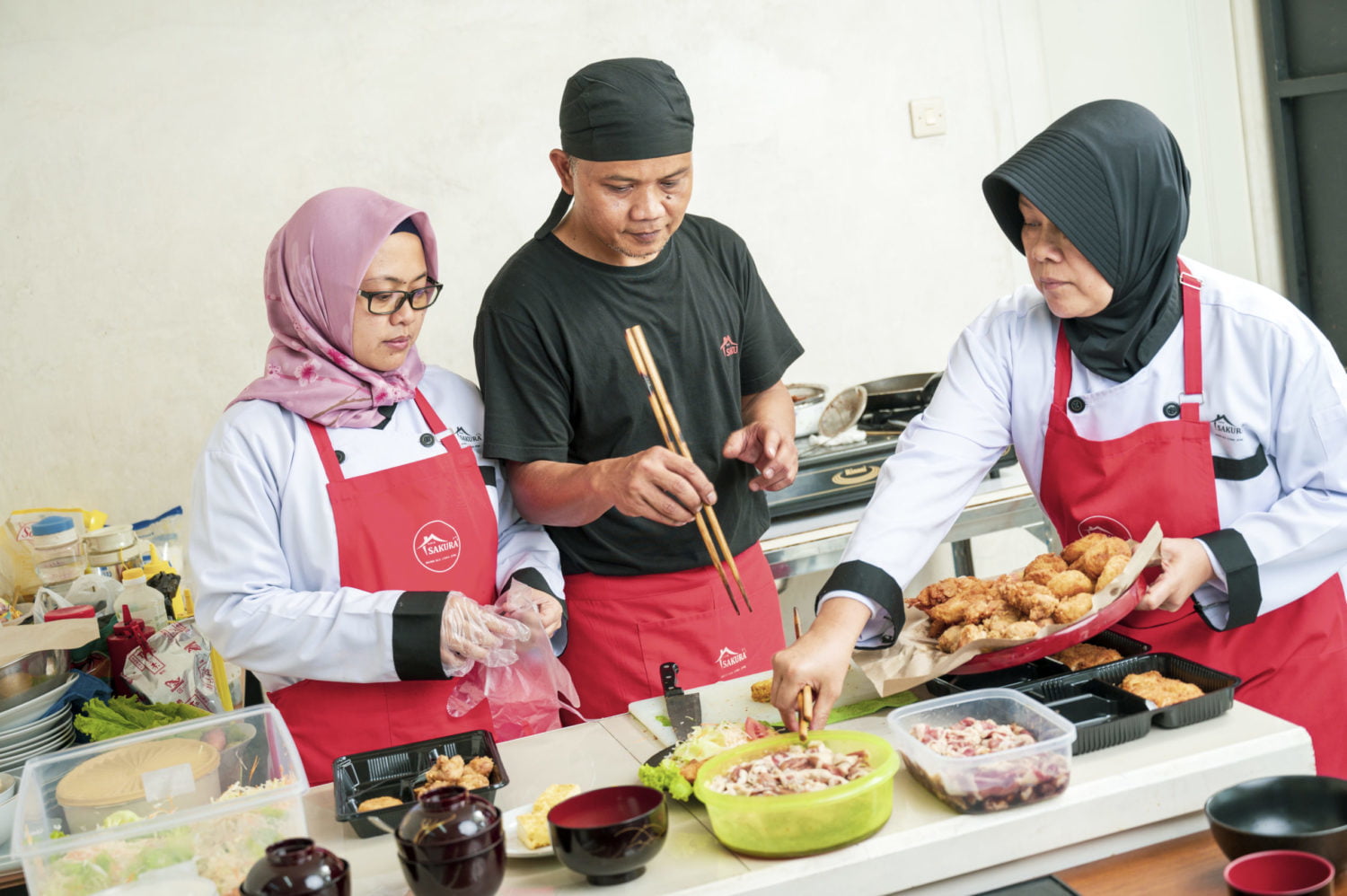
My name is Susi. I am an entrepreneur, a homemaker, a Japanese linguist, a mother of three, and currently run a business called Dapur Sakura.
I’m from Indonesia but I’ve studied and lived in Tokyo and Osaka on and off from 2002 to 2018. While there, I learned not only the language, but the culture, especially the food. It’s a real passion of mine.
In November 2020, two years after returning to Indonesia, I started my business with the goal of introducing halal-style, home-cooked Japanese cuisine to Indonesia. Most of the Japanese restaurants in Indonesia aren’t selling authentic Japanese food, but because my two staff members and I have all lived in Japan and learned directly from the locals, we’re able to create products that capture the true essence of the country’s cuisine. My team and I sell fast food such as chicken karage, chicken katsu, korokke, and beef teriyaki in the form of a bento, which consists of rice and salad packed in a typical Japanese container. There is a cultural education embedded in our products!
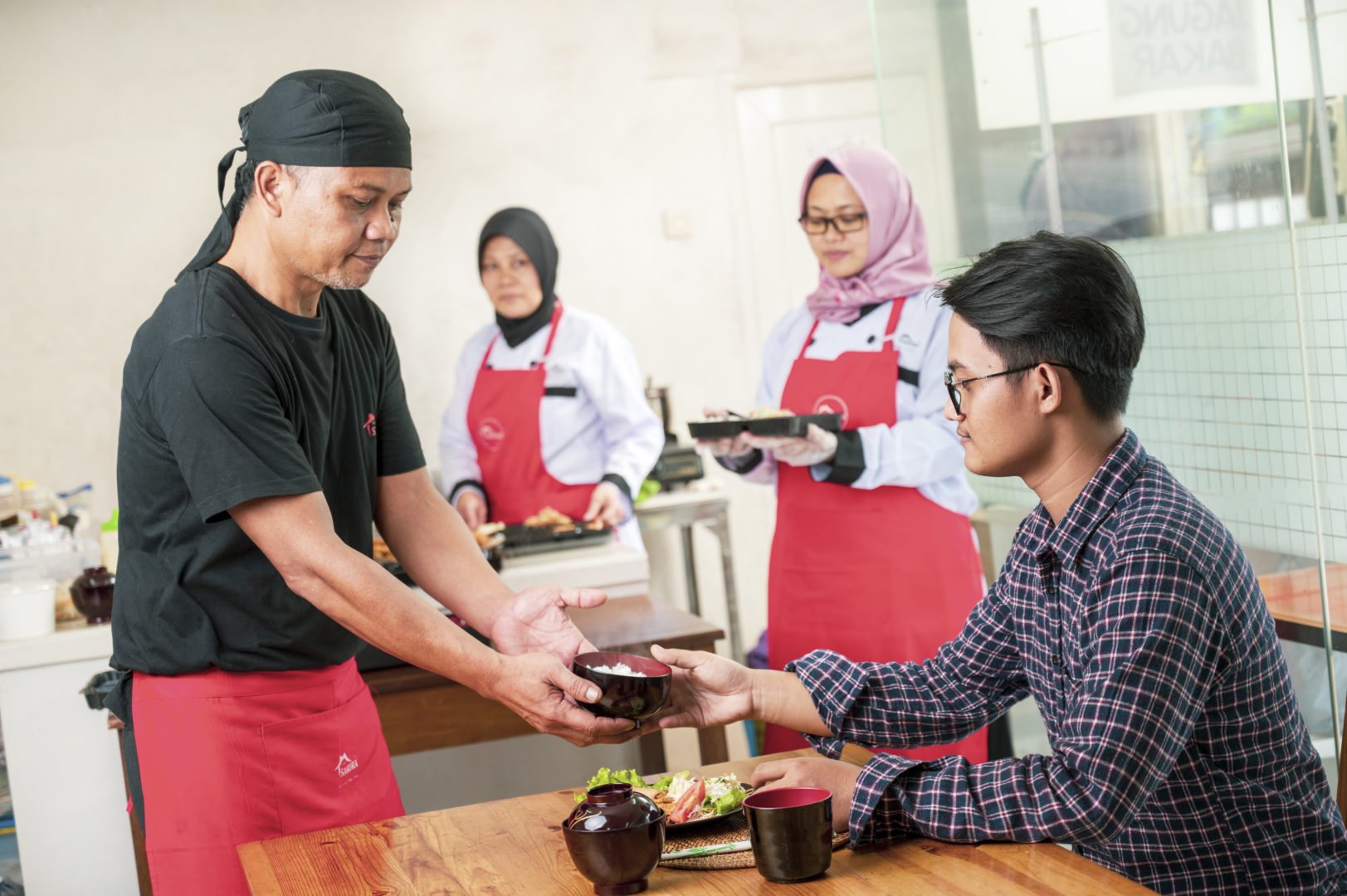
With these resources, I am able to plan strategically for the future and think about what I want to accomplish and how I can achieve that
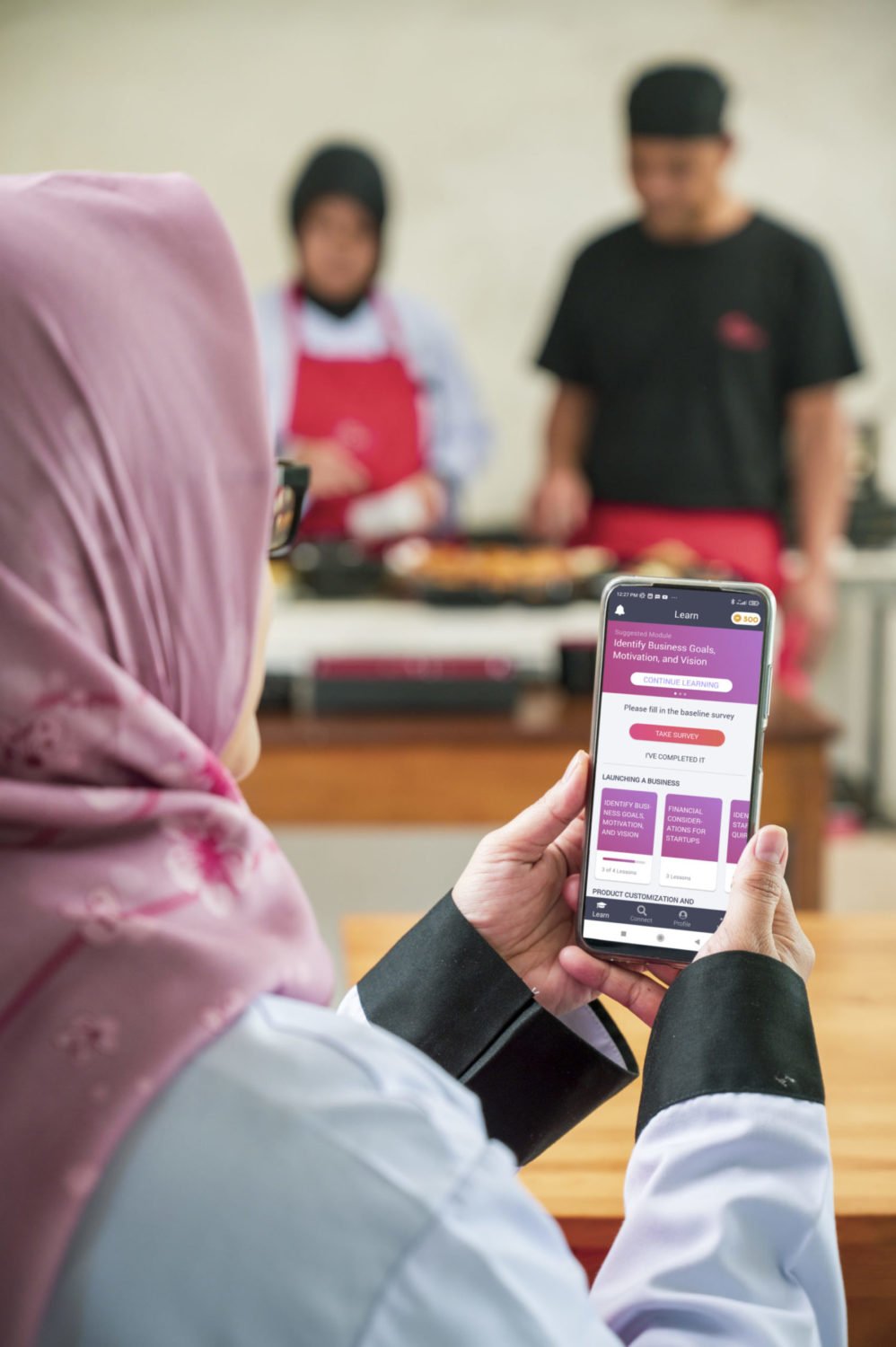
After this, I was paired with a mentor from Australia. She was very understanding of my difficulties in using English and accommodating of my tight scheduling! We usually met on Fridays, sharing our experiences of running a business. Whenever I had any troubles, questions or ideas, I had her to work through them with, and she would provide input and solutions. Through mentoring, I also received personal support and found in my mentor a sort of “sharing partner” which was very beneficial to my business development.
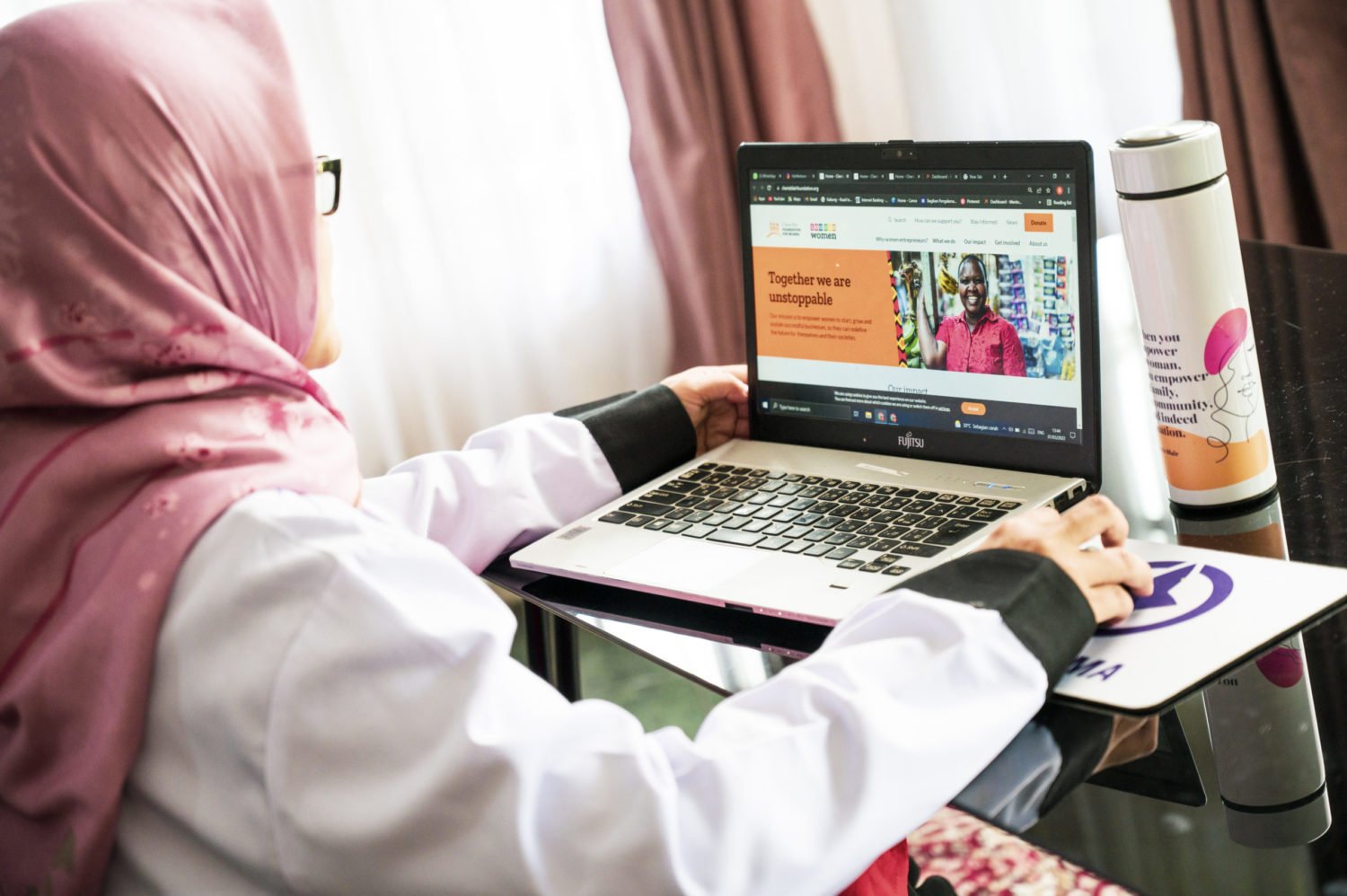
I hope that my business can expand into several branch outlets in various regions and that my frozen food can be packaged for big supermarkets. I’d like to expand so that I can create more job opportunities for people in need and educate more people about Japanese culture through cuisine that is both authentic and halal. I also hope to sell Japanese newspapers and books so I can spread appreciation for Japanese culture through more than just food.
I’d like to use the knowledge I’ve gained throughout the process of growing my business to advise Indonesian women to remain optimistic and strategic through times of difficulty like the pandemic. Given the opportunity, women can not only support their children, but their entire family – especially if we have skills in business. That’s why it’s so important to support women entrepreneurs. There’s an assumption that women are too busy with family or aren’t as capable as men or are too emotional to make logical decisions. But with the right business skills and resources, we can be leaders.
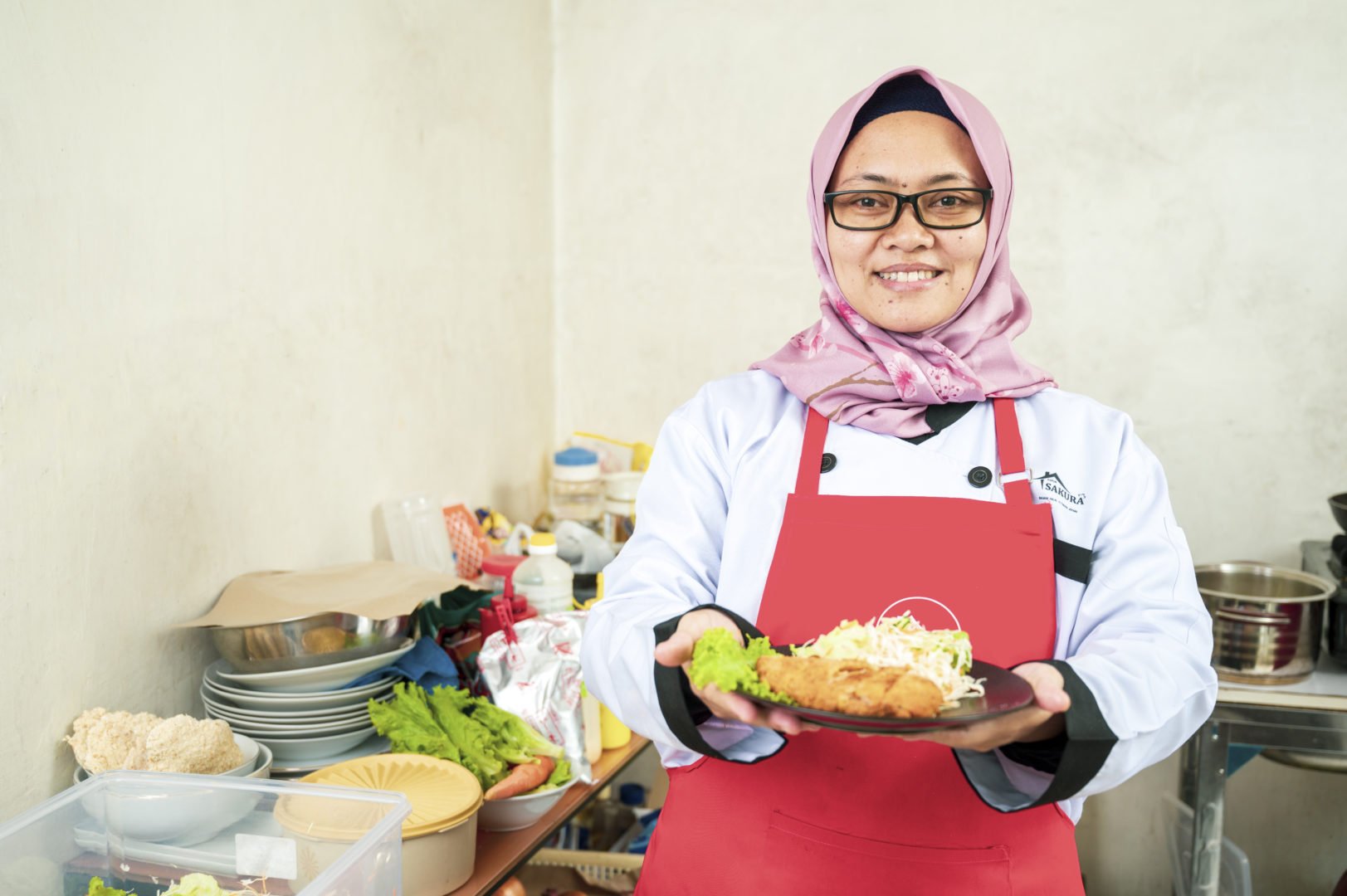
Made possible by...
WEAVE was delivered collaboratively by the Foundation, Qualcomm® Wireless Reach™, and local, in-country implementing partners Kinara (Indonesia) and WISE (Vietnam). The contract was awarded by the ASEAN-USAID Inclusive Growth in ASEAN through Innovation, Trade, and E-Commerce (ASEAN-USAID IGNITE) program, a USAID-funded activity.




We're able to support women entrepreneurs because of your donations
Do you share our vision for a better, more equal, more prosperous world? Do you believe human rights and global prosperity can co-exist? Will you help us change the lives of thousands more women? Push our work further with a transformational donation today!
Donate now!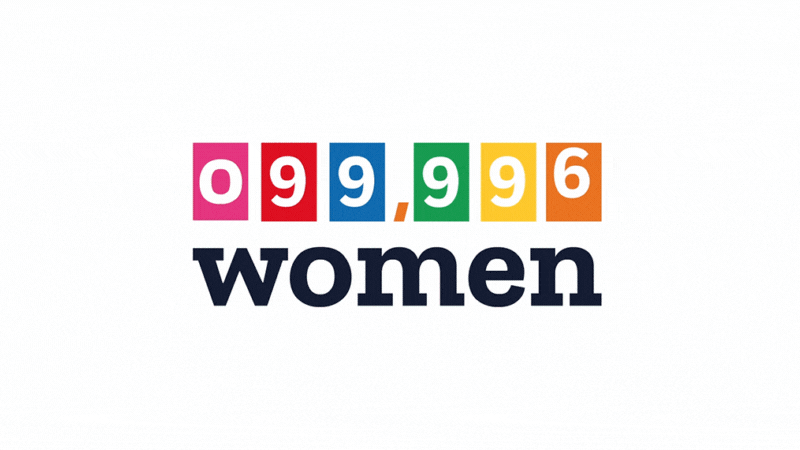
Discover more women entrepreneurs' stories:
-
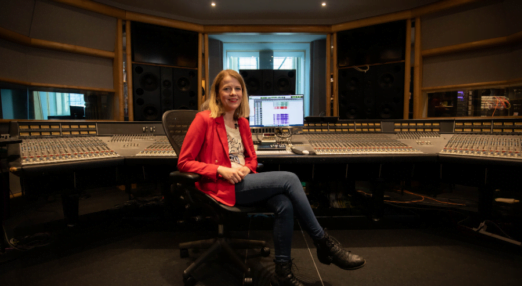
Olga FitzRoy’s story: pushing for change in parental leave
Olga FitzRoy campaigns for more inclusive care policies for self-employed people in the UK.
Read more
-
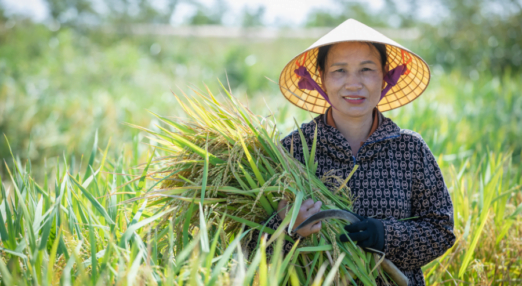
Nguyen Thi Tham’s story: challenging gender norms at home
Nguyen Thi Tham is a leader in her local farming group. SNV supported her to adopt climate change adaptations in her farming and redistribute her household duties.
Read more
-
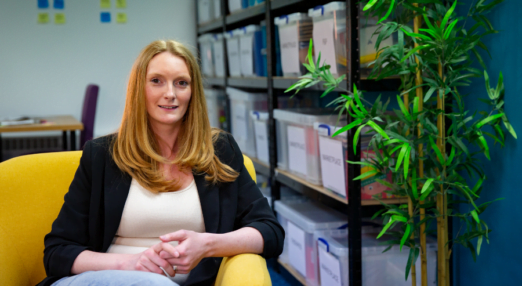
Sam Tebb’s story: boosting support for families with disabled children
Sam Tebb founded Parent Suportal to support families of disabled children.
Read more
